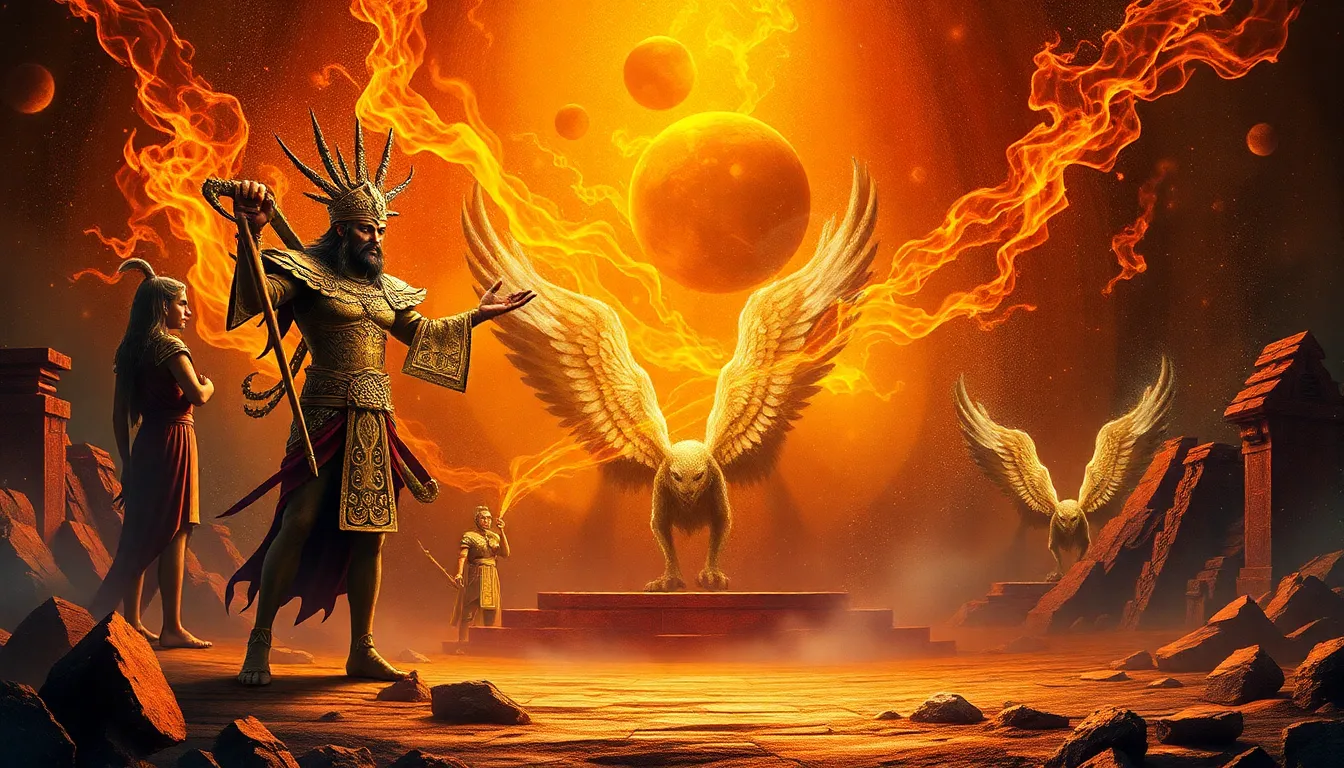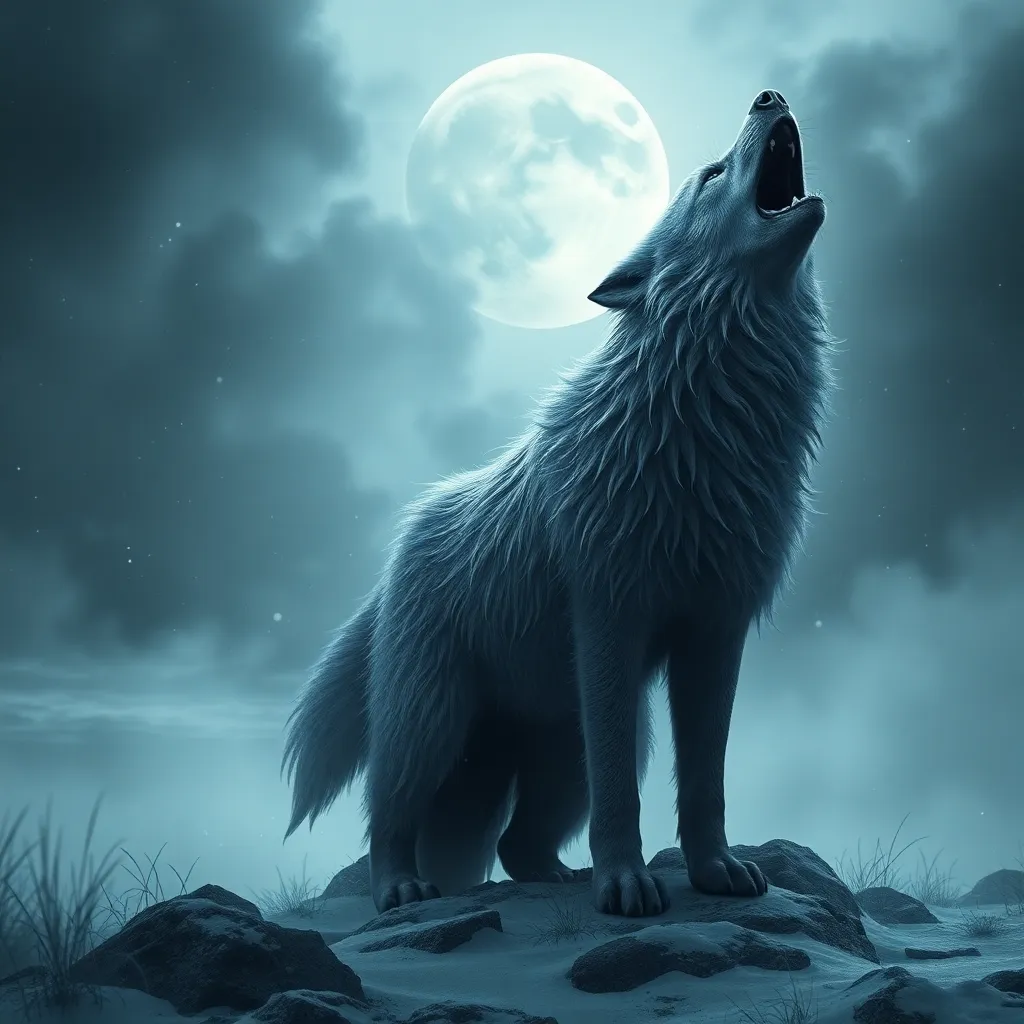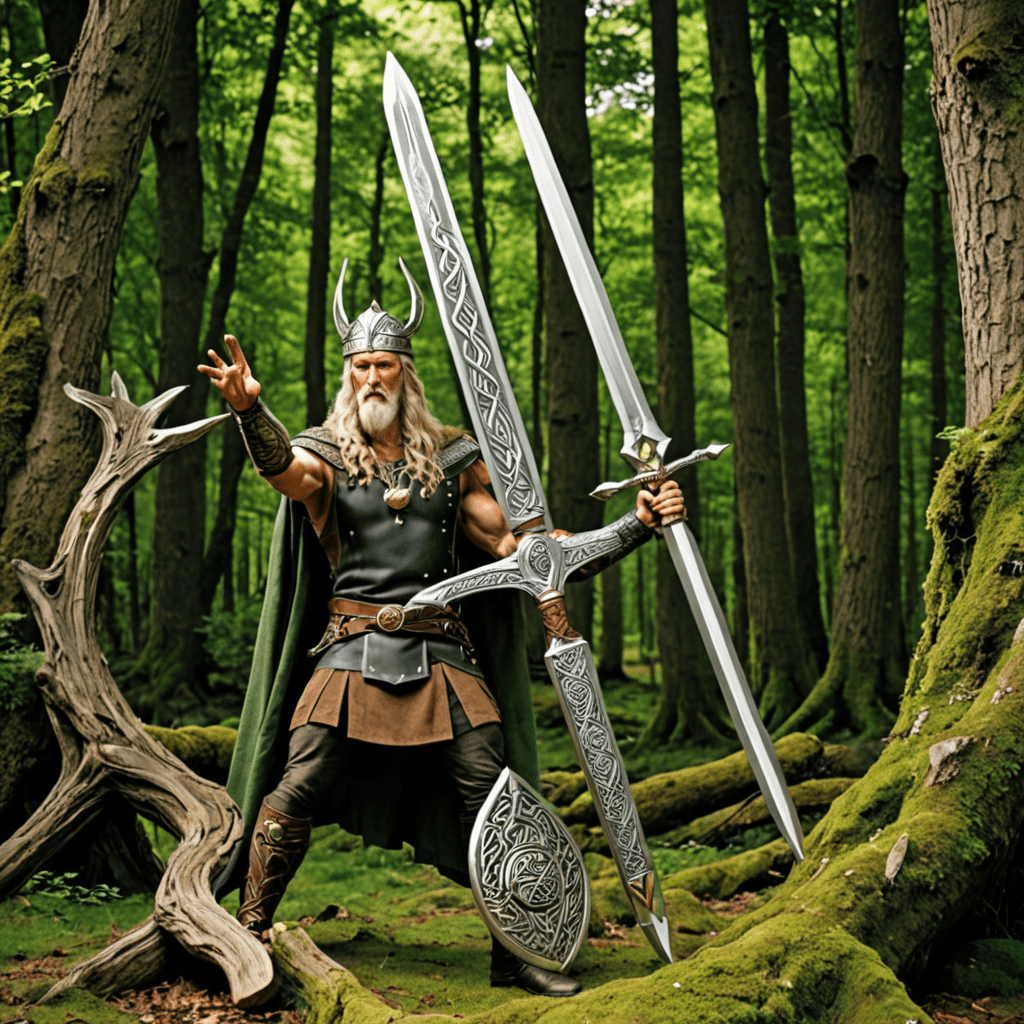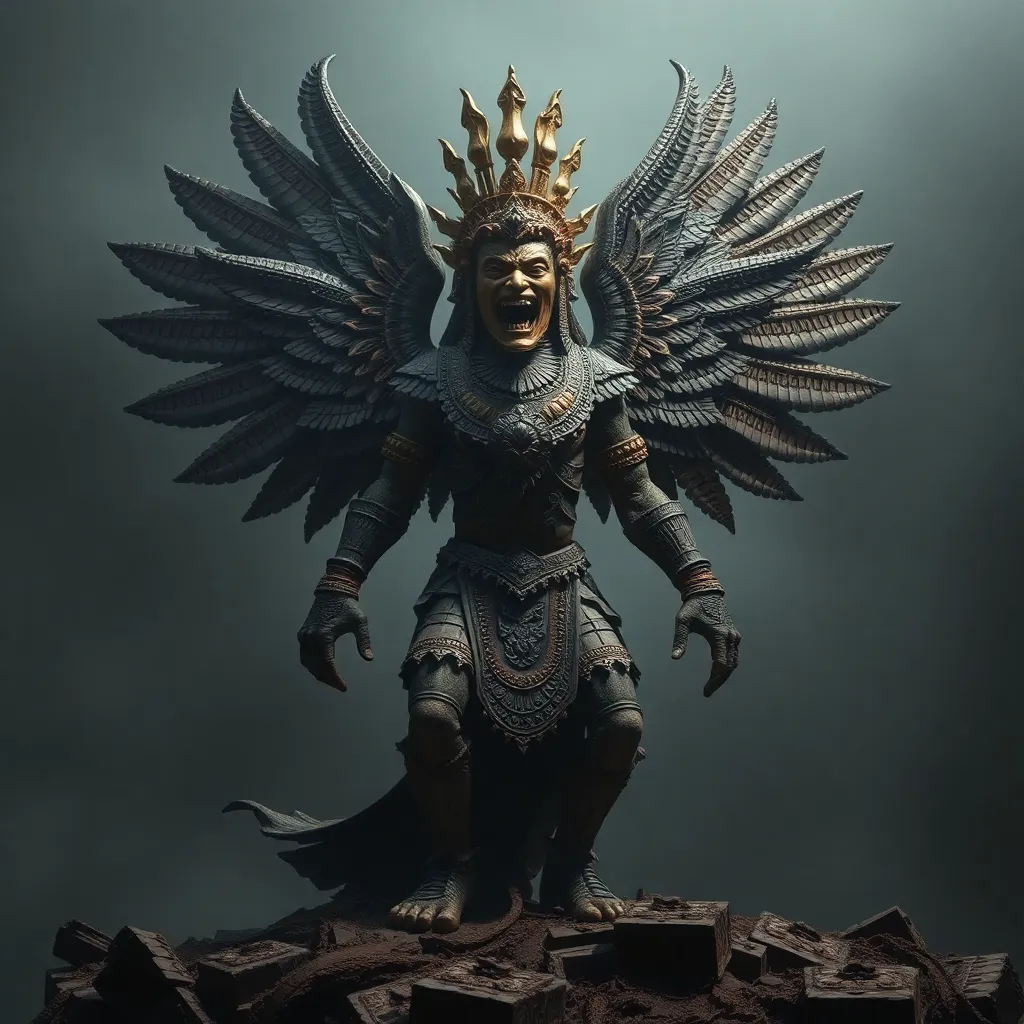Ancient Deities and Their Sacred Texts: The Myths They Inspired
Introduction to Ancient Deities and Their Significance
Throughout history, ancient deities have played a crucial role in shaping the beliefs and cultures of civilizations worldwide. From the mighty gods of Greece to the revered spirits of indigenous cultures, these divine figures embody the values, fears, and aspirations of the societies that worshipped them. The myths surrounding these deities not only serve as entertainment but also offer profound insights into the moral and ethical frameworks of the time. They provide answers to fundamental questions about existence, morality, and the universe, thus becoming integral to the identity of communities.
The Role of Sacred Texts in Ancient Civilizations
Sacred texts are written works that are revered in a religious context, often considered authoritative and central to the beliefs of a particular culture. They serve various purposes, including:
- Preserving sacred stories and traditions
- Guiding moral and ethical behavior
- Providing rituals and practices for worship
- Explaining the relationship between deities and humanity
Examples of prominent sacred texts include:
- The Bible (Christianity)
- The Quran (Islam)
- The Vedas (Hinduism)
- The Egyptian Book of the Dead
- The Epic of Gilgamesh (Mesopotamia)
Greek Pantheon: The Olympian Gods and Their Myths
The Greek pantheon is filled with powerful deities, each representing different aspects of life and the natural world. Major figures include:
- Zeus: King of the gods, associated with thunder and the sky.
- Hera: Queen of the gods, goddess of marriage and family.
- Poseidon: God of the sea, earthquakes, and horses.
- Athena: Goddess of wisdom, warfare, and crafts.
Key myths, such as the tales of the Trojan War and the labors of Heracles, illustrate important cultural values such as heroism, loyalty, and the consequences of hubris. These stories not only entertained but also imparted lessons on human behavior and societal norms.
Egyptian Deities: The Divine Influence on Life and Death
In ancient Egypt, gods like Ra, Osiris, and Isis were central to religious life and were believed to influence all aspects of existence, including life, death, and the afterlife. Ra, the sun god, was seen as the creator of all life, while Osiris represented resurrection and eternal life.
The Book of the Dead is one of the most significant sacred texts from ancient Egypt, serving as a guide for the deceased in the afterlife. It contains spells, prayers, and instructions to navigate the challenges of the underworld, highlighting the Egyptians’ beliefs in morality, judgment, and the afterlife.
Hindu Deities: The Vedas and the Epics
Hinduism features a rich tapestry of deities, including:
- Vishnu: The preserver god, known for his ten avatars, including Rama and Krishna.
- Shiva: The destroyer and transformer, representing the cycle of creation and destruction.
- Devi: The goddess representing the feminine aspect of divinity, encompassing various forms and powers.
The Vedas are ancient sacred texts that contain hymns, rituals, and philosophical teachings, while epics like the Mahabharata and Ramayana narrate grand tales of heroism, duty, and righteousness. These texts serve as foundational pillars of Hindu thought and morality, shaping the cultural landscape of India.
Norse Mythology: The Aesir and Vanir
Norse mythology is characterized by a pantheon divided into two main groups: the Aesir and the Vanir. Prominent gods include:
- Odin: The all-father, associated with wisdom, war, and poetry.
- Thor: The god of thunder, known for his strength and protection of humanity.
- Freyja: The goddess of love, beauty, and fertility.
The Poetic Edda and Prose Edda are essential sources of Norse mythology, containing poems and stories that explore themes of fate, heroism, and the end of the world (Ragnarök). These texts reflect the values and beliefs of the Norse people, illustrating their understanding of the cosmos and human existence.
Mesopotamian Gods: The Enuma Elish and Epic of Gilgamesh
Mesopotamia is home to some of the earliest known deities, such as:
- Marduk: The chief god of Babylon, associated with creation and order.
- Ishtar: The goddess of love and war, representing the duality of life.
The Enuma Elish is a creation myth that describes the rise of Marduk and the establishment of order in the universe. The Epic of Gilgamesh is one of the oldest literary works, exploring themes of friendship, mortality, and the quest for eternal life. Together, these texts provide valuable insights into the values and beliefs of ancient Mesopotamian society.
Indigenous Deities: Myths and Sacred Texts from Around the World
Indigenous cultures around the world possess rich spiritual traditions featuring a variety of deities, spirits, and ancestral figures. In many cases, these beliefs are passed down through oral traditions, with storytelling playing a vital role in preserving myths. Examples include:
- The Great Spirit in Native American traditions.
- The Dreamtime stories of Australian Aboriginal cultures.
- Yoruba Orishas in African spirituality.
These myths often emphasize harmony with nature, community, and the interconnectedness of all life, showcasing the diverse ways in which different cultures understand the divine.
Comparative Analysis: Common Themes in Deity Myths Across Cultures
Despite the diversity of ancient deities and their corresponding myths, several universal themes emerge:
- Creation: Many cultures have creation myths that explain how the universe and humanity came into being.
- Morality: Myths often convey moral lessons, illustrating the consequences of good and evil behavior.
- The Afterlife: Beliefs about what happens after death are prevalent, with deities often playing a role in guiding souls.
These shared themes highlight the common human experience and the ways in which different cultures interpret similar concepts through their deities and myths.
Conclusion: The Enduring Legacy of Ancient Deities and Their Myths
The myths of ancient deities continue to resonate in contemporary society, influencing literature, art, and spirituality. They remind us of our shared human heritage and the timeless questions that arise from our existence. The impact of these sacred texts on modern spirituality and cultural identity is profound, as they offer pathways to understanding our place in the universe and our connections to one another. As we explore these ancient narratives, we gain insights into the values and beliefs that have shaped humanity for millennia.




